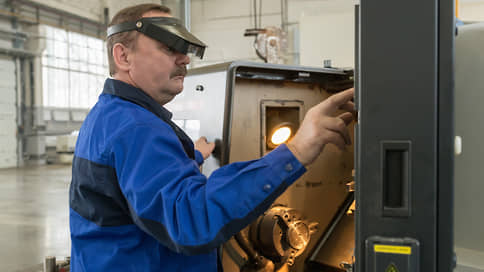European machines remained leaders in preferences, but not in plans
[ad_1]

The Gaidar Institute (IEP) has published the results of an assessment of the plans of Russian industrialists (what they will buy) and their preferences (what they would like to buy) regarding equipment upgrades. Over the past year, the intentions of manufacturers have changed markedly. If in September 2021, 55% of respondents (first place) planned to purchase machine tools and machines manufactured in Western Europe, in 2022 only 11% (third place).
Products from China, India and other Asian countries rose from third to second place in planned purchases over the year – the number of respondents who intend to purchase them increased from 42% to 59%. “Machine and equipment manufacturers from the Asian region have become the main beneficiaries of the sanctions policy of our Western sparring partners. Over the year, they were able to increase their share in industrial investment plans by 17 percentage points (p.p.). Our surveys have not yet registered such a success,” the IEP notes. Interest in Russian machine tools and equipment grew less — by 9 percentage points over the year, from 53% to 62%. It should be noted that in August 2022, the CMASF recorded a recovery growth in the production of machinery and equipment – not too powerful, however, given the recession. The growth rate is estimated at 3.6%, while the August output is 9.3% lower than the February level.
Industrialists’ preferences, according to the IEP survey, turned out to be more stable than plans (see chart). Here, the first place is occupied by Western European equipment, the level of preference has decreased only to 62% from 65% a year ago. Domestic products lost two points and remained in second place “with a good prospect of its preservation,” the IEP notes. The third place belongs to manufacturers from the USA and Japan, according to Sergey Tsukhlo, head of the research laboratory of the institute, they suffered “the most significant reputational losses, the desirability of their products decreased from 39% to 32%” (which, apparently, is due to the lack of access to their products due to sanctions). The factories of China and India, Sergei Tsukhlo refers to the “main reputational beneficiaries.” Potential interest in their products has grown over the year by 10 percentage points – from 14% to 24%. “Now almost a quarter of Russian industry agrees to buy their machines and equipment,” the IEP concludes.
[ad_2]
Source link






